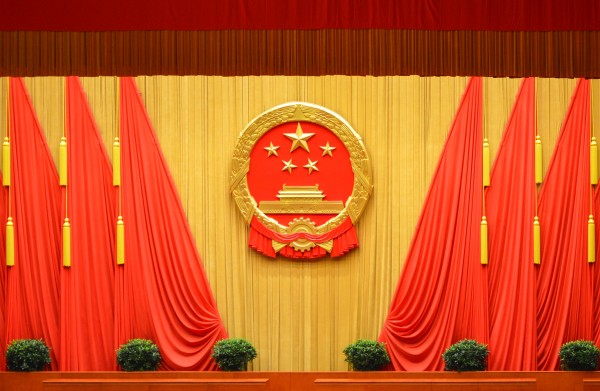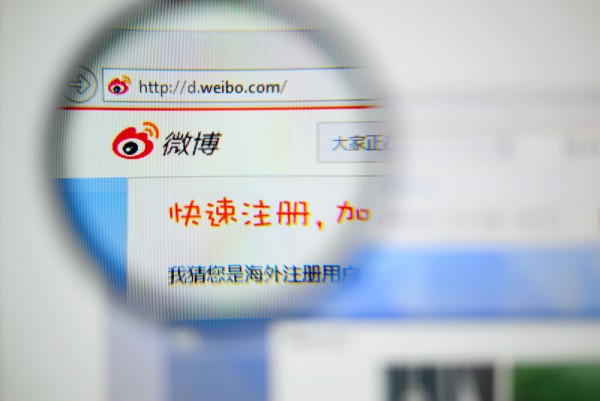On 24 July the Independent Commission Against Corruption (ICAC) raided seven Hong Kong newspapers, Apple Daily, the Hong Kong Economic Journal, the Oriental Daily News, Sing Tao Daily, the South China Morning Post, the Sun and the Ta Kung Pao.
During the raids, which were conducted with search warrants, the ICAC officers searched the offices of reporters, searched the home of one journalist and asked some journalists to accompany them back to the ICAC offices for further questioning.
The raids were carried out after the newspapers named a witness in a fraud investigation who was being held under the witness protection programme. In naming the witness the newspapers possibly violated the Witness Protection Ordinance which carries a maximum prison sentence of ten years.
In August, the High Court decided the ICAC was “wrong in fact and law” when it conducted the raids. The Court of First Instance ruled that the search warrants issued against the Sing Tao Daily could be set aside and that the materials taken in the raid could be returned. The ICAC appealed this decision to the Court of Appeal which dismissed the application saying it should have petitioned the Court of Final Appeal. The ICAC later decided not to do so.
On 2 November, lawmakers discussed the raids before the security panel of the Legislative Council. At the hearing, the ICAC claimed in writing that it had gone through every possible procedure to ensure the raid was “fully justified”. A number of legislators, however, said the ICAC was guilty of a “selective adherence to the law” because it had declined to clarify the law in the area by petitioning the Court of Final Appeal.
Speaking about the legislative hearing, IPI Director Johann P. Fritz said, “The continuing controversy about these raids and the need to protect press freedom in Hong Kong shows how important it is for new guidelines to be developed so that such gross overreactions are not repeated in the future”.
“I fully agree with Justice Michael Hartmann of the Court of First Instance when he said that the ICAC should have used a less heavy handed approach. The first point of call for the ICAC should have been the newspapers”.
“I am also concerned about the argument that the search warrants were necessary because of the likelihood the newspapers would have destroyed the evidence. Such an act would be against good newspaper ethics and it also points to the dangers of having ex parte hearings in such cases. The fact that the newspapers were unable to argue their case means that the decision to issue a warrant was founded on incomplete information. This undermines the rule of law by allowing the ICAC to make unsubstantiated and uncontested claims in support of their applications”.
“As a result, I think there is a real need for the legislature to develop detailed guidelines in keeping with Hong Kong’s constitution that cover investigations involving the media. There should also be improved training for officers and their superiors on the media and its importance to human rights and democracy in Hong Kong,” said Fritz.


